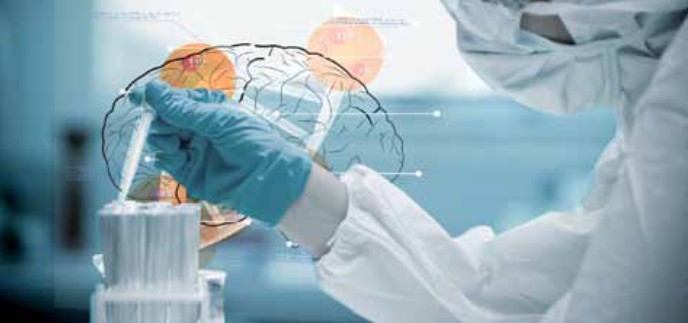Faith
Famous Scientists Who Believed in God: How Science Points to a Creator
What the greatest minds in history discovered about faith, creation, and the harmony between science and belief
- Daniel Blass
- |Updated

Avi asks: "Hello, in middle school I was asked to prepare a paper on the question: ‘Does science lead humanity closer to faith in God?’ I would really appreciate if you could provide me with the names of scientists who believed in God. Thank you in advance, Avi."
* * *
Hello Avi,
When we look into what the great pioneers of science thought about God, we discover that many of them came to the conclusion that a Creator exists, precisely because of the wisdom and design they uncovered through scientific research. This is not only true for scientists, but also the founders of modern scientific disciplines themselves.
Some of the greatest minds in science throughout history all concluded that God exists. Among them:
Galileo Galilei – the father of modern astronomy
Nicolaus Copernicus – a founder of astronomy
Antoine Lavoisier and Justus Liebig – fathers of modern chemistry
Louis Pasteur – father of biology and microbiology
Gregor Mendel – father of genetics
Pythagoras, Blaise Pascal, Henri Poincaré – founders in mathematics
Isaac Newton – father of classical physics
Albert Einstein and Max Planck – pioneers of modern physics
James Clerk Maxwell – father of modern technology
Leonardo da Vinci – father of the Renaissance
Socrates, Plato, Aristotle – giants of philosophy and logic
René Descartes and Immanuel Kant – fathers of modern philosophy
Even the great inventors reached similar conclusions:
Alexander Graham Bell – inventor of the telephone
Thomas Edison – inventor of the light bulb
Karl Benz – inventor of the automobile
The Wright brothers – inventors of the airplane
Fritz Zernike – inventor of the modern microscope
Galileo Galilei – also the inventor of the first scientific telescope

How Science Strengthens Faith in God
The deeper science advanced, the clearer it became that the universe is built with astonishing precision and planning.
In the past, people thought the sun revolved around the earth. Today however, we know earth is part of a vast solar system:
The earth spins on its axis and revolves around the sun at the perfect tilt (23.5 degrees) to allow seasons.
The moon revolves around earth, stabilizing its orbit.
Earth has a magnetic field, an ozone layer, and an atmosphere that uniquely allow life.
Jupiter acts as a giant shield, pulling asteroids away from earth that would otherwise destroy life.
The more we study, the clearer it becomes that the conditions for life are fine-tuned.
In the past, scientists thought the cell was just a simple blob of “jelly.” Today, we know even the smallest living cell is more complex than the city of New York, full of intricate machinery operating in perfect harmony. The human brain, once thought of as a lump of fat that merely “regulated temperature,” is now understood as an unimaginably complex network of billions of neurons conducting electrical signals with precision and brilliance.
Even the universe itself points to a Creator:
For centuries people believed the cosmos was eternal and static. Now we know it has a starting point which requires a Creator.
The laws of physics, chemistry, and biology are not random — they are exact and elegant, enabling the existence of life.
Science and Faith Go Hand in Hand
As we’ve seen, the greatest scientists across history concluded that God exists, and they were not wrong. In truth, you don’t need to be Einstein to realize this. Even a child can look honestly at the world and reach the conclusion that it must have a Creator.
The evidence of design, precision, and purpose is everywhere and science itself makes clear, that the universe has a Creator.

